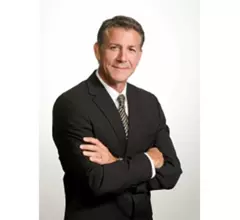DocMoonlight, the nation’s largest provider of onsite contrast supervision, and ContrastConnect, the largest provider of virtual contrast supervision, today announced a strategic collaboration designed to offer imaging organizations the most complete, flexible, and scalable contrast supervision solution in the industry. By aligning their complementary strengths, the partnership is aimed at expanding patient access, enhancing patient safety, and meeting growing imaging demands across diverse regulatory environments.


